The 35th edition of the Carthage Film Festival (Journées Cinématographiques de Carthage), renowned for celebrating African and Arab cinema, hosted the
The 35th edition of the Carthage Film Festival (Journées Cinématographiques de Carthage), renowned for celebrating African and Arab cinema, hosted the world premiere of Tunisian filmmaker Salma Baccar’s latest work, “The Fountain” (La Maison Dorée). This cinematic masterpiece offers a poignant exploration of Tunisia’s turbulent political history, specifically the 2013 “Errahil Sit-in” that followed the assassination of politician Mohamed Brahmi. The film, blending fiction with archival documentary footage, exemplifies Baccar’s ability to intertwine personal and collective memory into a compelling narrative.
A Story of Collective and Personal Struggles
Set against the backdrop of the 2013 “Errahil Sit-in” at Tunisia’s Bardo Fountain, “The Fountain” delves into the lives of three women from vastly different backgrounds:
- Rim Riahi, a leftist activist haunted by her struggles for justice.
- Embra Dridi, a sex worker seeking escape from a troubled past.
- A young, disillusioned woman drawn into extremist ideologies.
These women, though divided by ideology and experience, find themselves united at the symbolic “Golden House” hotel in downtown Tunis. Their interactions reflect Tunisia’s socio-political complexities, showcasing the resilience of women in the face of societal upheaval.
Baccar’s narrative draws from her personal experiences as a participant in the sit-in, blending her perspective as a former member of the National Constituent Assembly with the fictional struggles of her characters. The film’s dual titles—“The Fountain” in Arabic and “The Golden House” in French—underscore its dual focus on the personal and the political.
A Tribute to a Visionary Filmmaker
Salma Baccar, a pioneer of Tunisian cinema, has long been celebrated for her dedication to addressing sensitive social and political issues through her films. Her works, such as “Fatma 75” and “Flower of Oblivion”, have consistently shed light on women’s rights and the challenges of navigating a rapidly changing society.
This year, the Carthage Film Festival honored Baccar for her lifelong contributions to cinema, showcasing “The Fountain” as part of its tribute. Speaking about the honor, Baccar expressed her pride in being recognized by a festival that has been a cornerstone of Tunisian culture:
“We grew up with the Carthage Film Festival. It is one of the oldest and most prestigious festivals in the Middle East. I’m deeply honored to have ‘The Fountain’ premiere here and hope it resonates with audiences.”
Blurring the Lines Between Fiction and Reality
“The Fountain” merges archival footage with dramatized storytelling, creating a unique cinematic experience. Baccar’s own role in the 2013 sit-in brings authenticity to the film, as she draws upon her memories as a democratic bloc leader and one of the 66 deputies who participated in the protests.
This approach gives the film a documentary-like texture, enriched by real-life testimonies and Baccar’s intimate understanding of the political climate. By weaving the struggles of her fictional characters with the historical events of 2013, Baccar preserves Tunisia’s collective memory while offering a critique of the socio-political landscape.
Challenges and Triumphs
Baccar described the making of “The Fountain” as both a deeply personal and professionally challenging journey. Writing the screenplay alongside Tunisian author Amina Rmili, she navigated the intricacies of presenting politically charged topics while working within limited resources.
Her dedication to capturing the essence of Tunisian women’s resilience shines through in the film’s emotional depth. The collaboration with Rmili, who brought an Arabic voice to Baccar’s Francophone writing, ensured the dialogue’s authenticity, reflecting the diverse voices of the nation.
Carthage Film Festival 35th Edition: A Platform for Cultural Reflection
The 35th edition of the Carthage Film Festival continues its tradition of celebrating films that inspire change and amplify marginalized voices. With over 170 films from 40 countries, the festival has become a hub for exploring themes of identity, resistance, and hope.
Key highlights of this year’s awards include:
- Golden Tanit: “Adieu Sauvage” by Moussa Sanogo (Mali)
- Silver Tanit: “To a Land Unknown” by Mahdi Fleifel (Palestine/Denmark)
- Bronze Tanit: “Gaza Mon Amour” by Tarzan and Arab Nasser (Palestine)
Salma Baccar’s “The Fountain” was celebrated for its innovative blend of storytelling and historical documentation, affirming its place among the festival’s most impactful works.
A Film That Speaks to the Present
“The Fountain” is not just a reflection of Tunisia’s past but a call to remember the sacrifices and resilience of those who shaped its present. By centering the voices of three women, Salma Baccar offers a deeply personal yet universally resonant narrative that challenges viewers to confront their own histories and responsibilities.
As “The Fountain” continues to captivate audiences, it serves as a reminder of the power of cinema to preserve memory, provoke thought, and inspire change.
Sari Albeder – Carthage Film Festival 2024 – #JCC2024 #Theworldscreencom
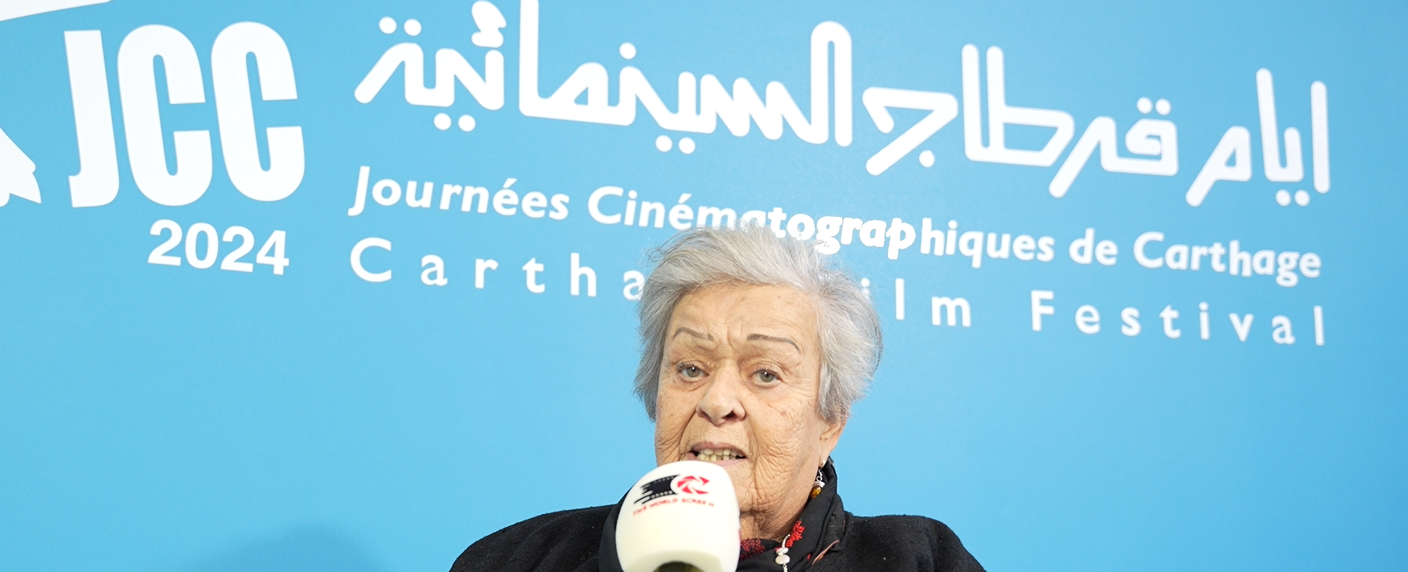
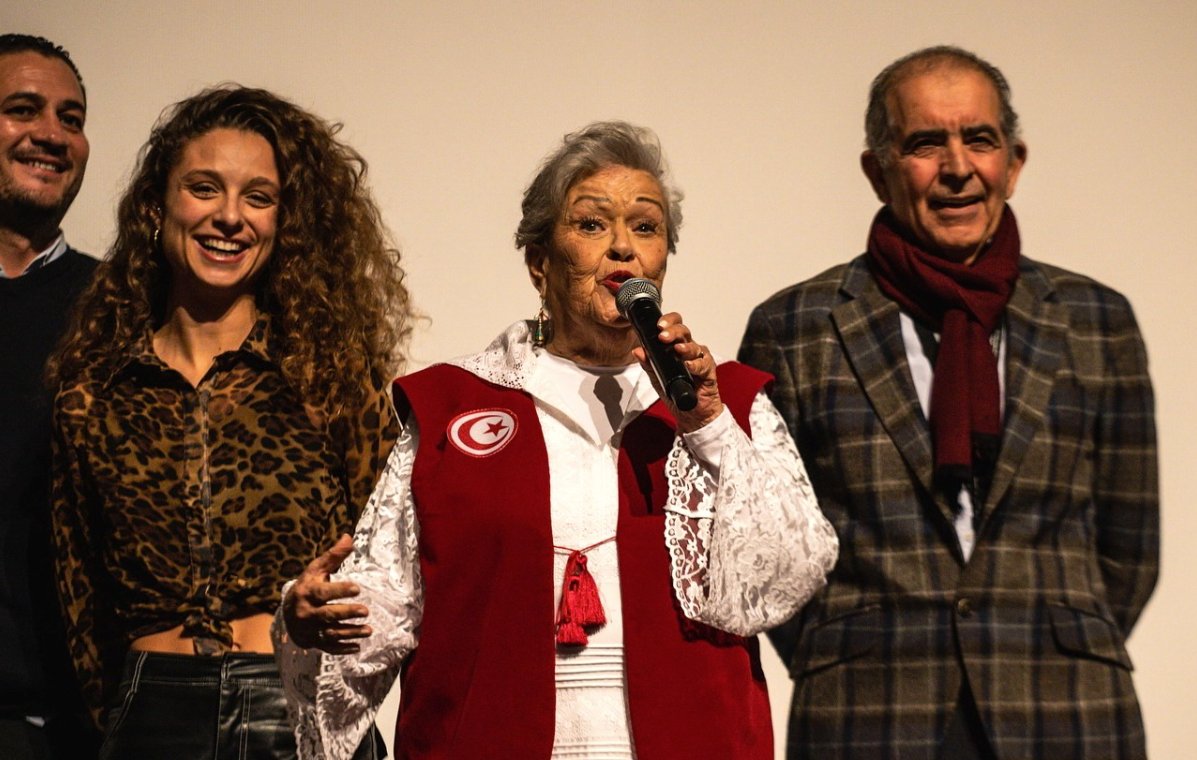
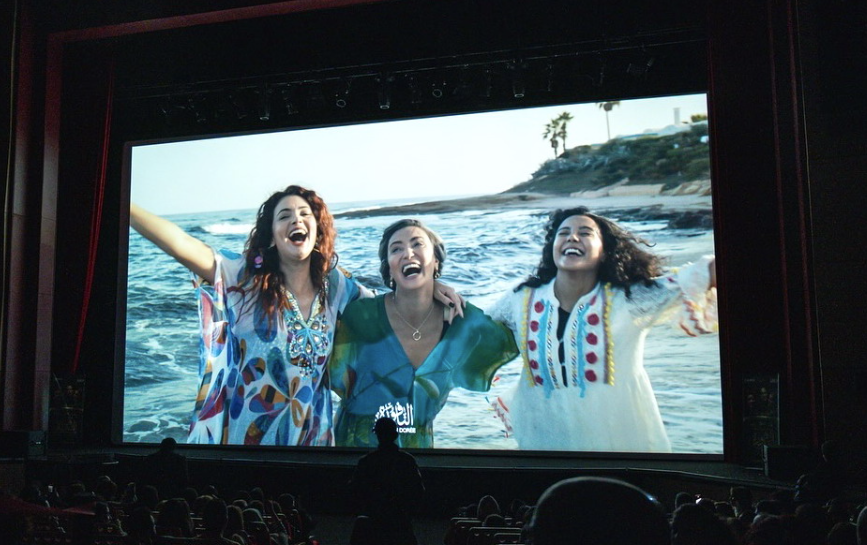

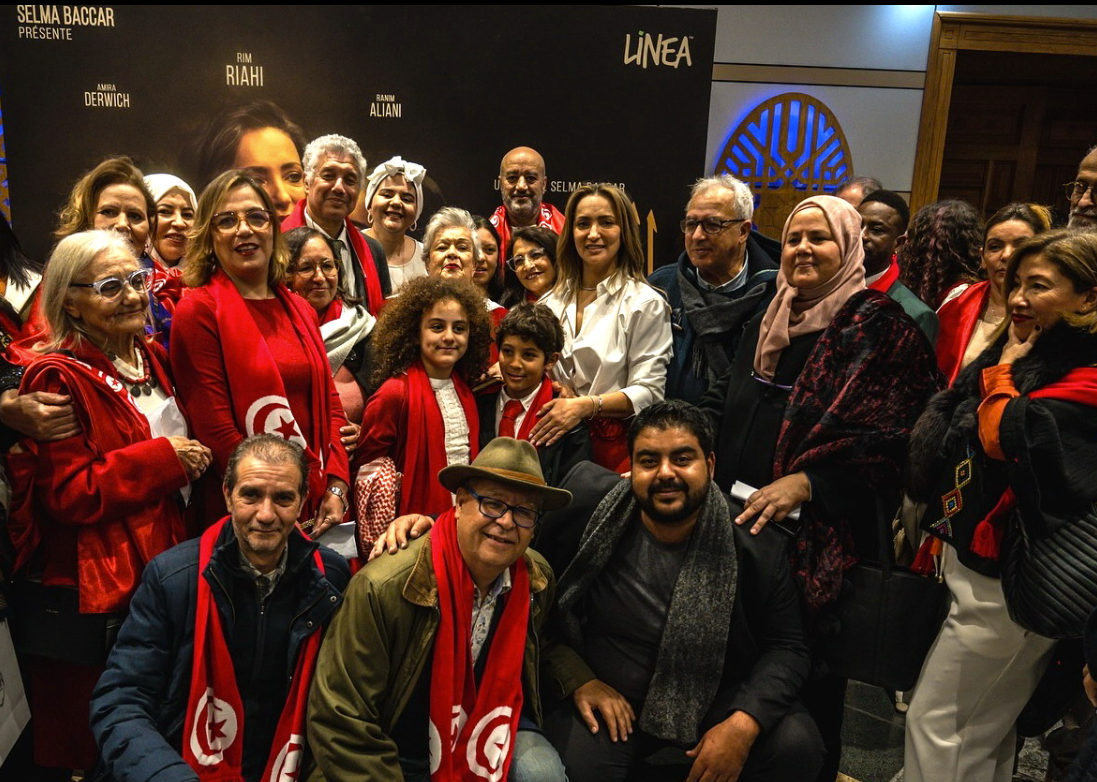
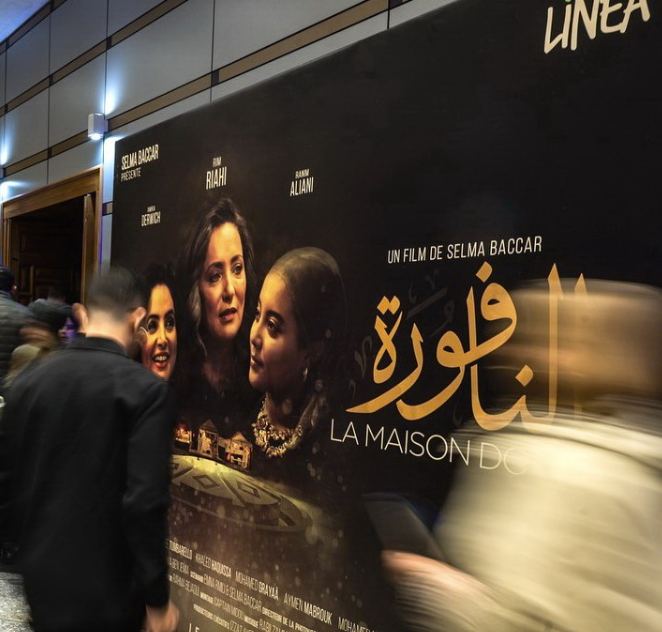
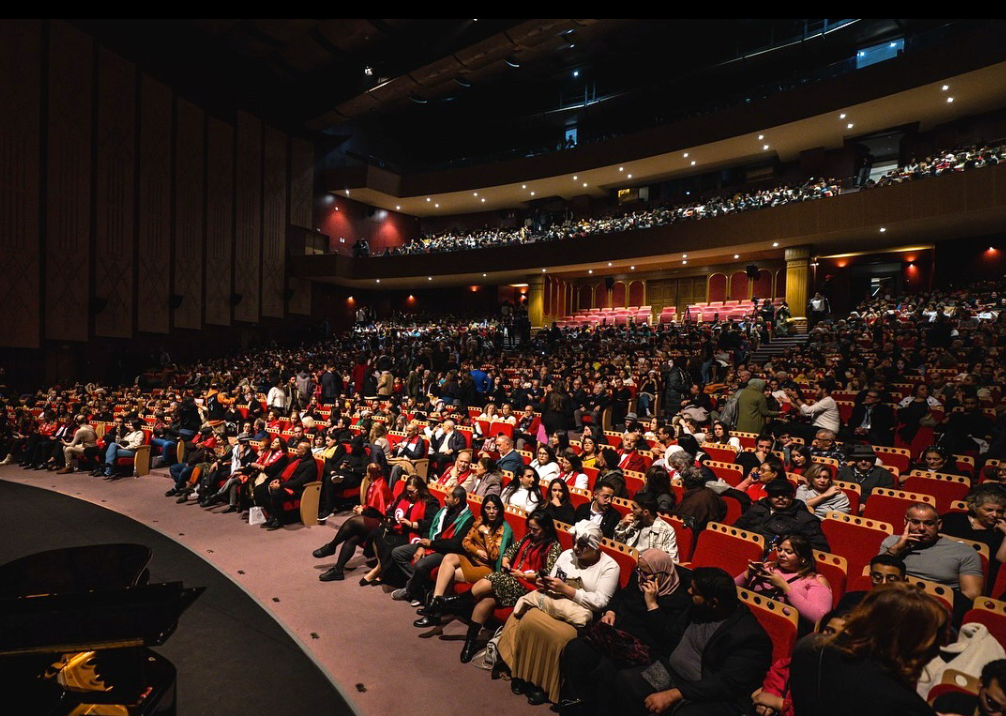
COMMENTS